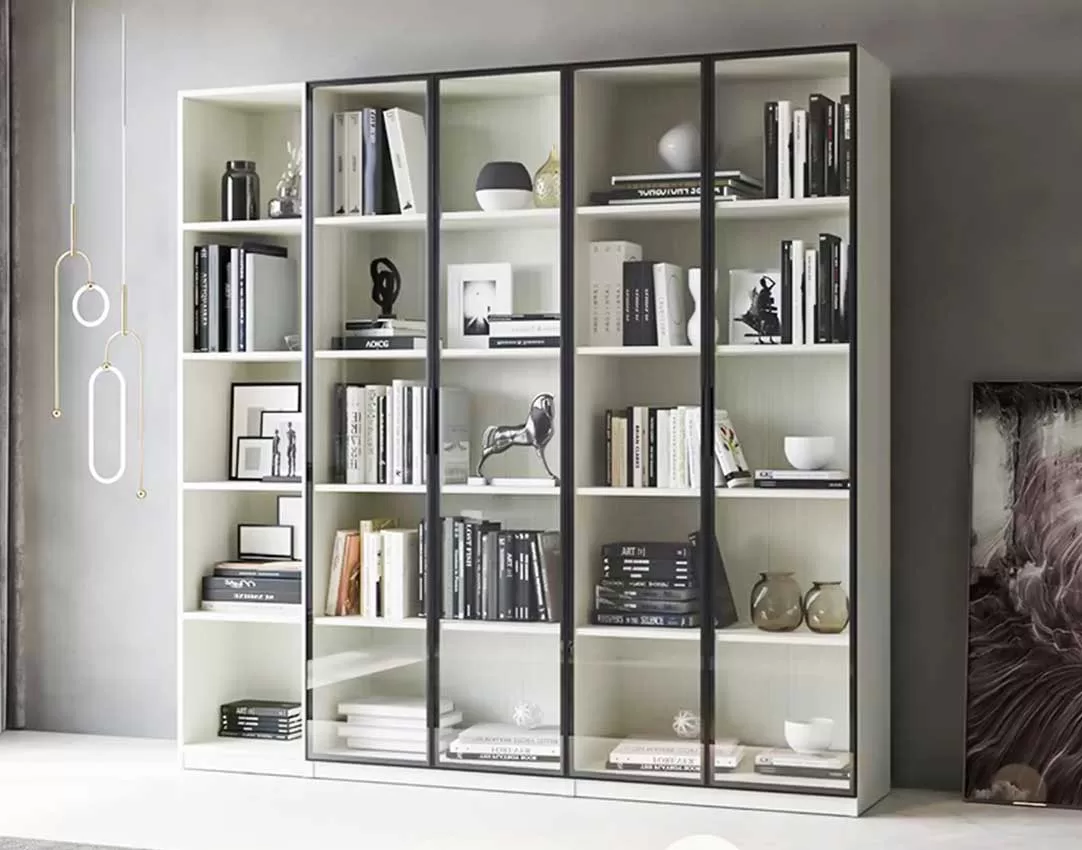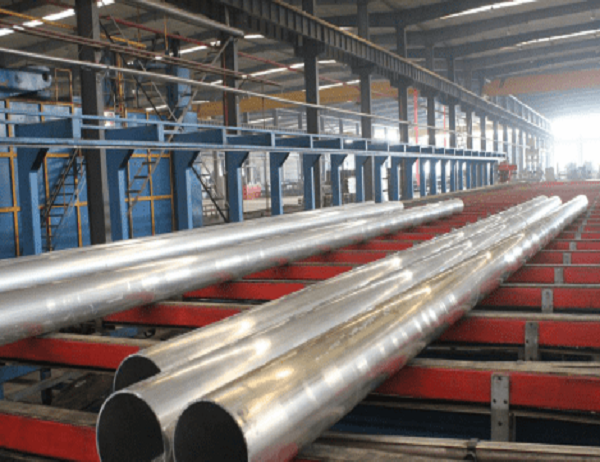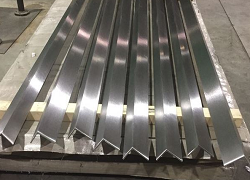Introduction:
In modern kitchen design, aluminum kitchen profiles have emerged as a preferred choice for their exceptional qualities. These profiles offer a host of benefits, ranging from durability and ease of maintenance to aesthetic appeal and versatility. This article explores the myriad advantages of incorporating aluminum kitchen profiles into contemporary kitchen designs.
Durability and Longevity:
Aluminum is highly durable, making it ideal for kitchen applications where constant use is anticipated. Unlike wood or plastic, aluminum does not warp, rot, or swell due to moisture or humidity. It can withstand heavy loads, ensuring that kitchen furniture and fixtures remain sturdy and functional over time. Additionally, aluminum is resistant to scratches and dents, maintaining its pristine appearance even with daily wear and tear.
Easy Maintenance and Hygiene:
The non-porous surface of aluminum prevents the accumulation of dirt and bacteria, making it easy to clean and maintain. Unlike other materials, aluminum does not absorb liquids or stains, which facilitates quick and effortless cleaning. Regular wiping with a damp cloth is sufficient to keep aluminum kitchen profiles sparkling clean, ensuring a hygienic environment for food preparation.
Aesthetic Appeal and Versatility:
Aluminum kitchen profiles are highly versatile, offering a wide range of design options to suit different tastes and preferences. They can be anodized in various colors and finishes, allowing designers to create custom looks that complement any kitchen decor. From sleek and contemporary to traditional and rustic, aluminum profiles can seamlessly integrate with any design scheme.
Fire Resistance and Safety:
Aluminum is naturally fire-resistant, making it a safe choice for kitchen environments where open flames or high temperatures may be present. It does not ignite or release harmful fumes when exposed to heat or fire, providing peace of mind and reducing the risk of accidents.
Flexibility and Customization:
Aluminum kitchen profiles are highly malleable, allowing them to be easily bent or shaped to create custom designs. This flexibility enables the creation of unique and bespoke kitchen elements, such as curved cabinets, arched panels, and intricate moldings. Designers can tailor aluminum profiles to fit any size or shape, ensuring a perfect fit for any kitchen configuration.
Conclusion:
Aluminum kitchen profiles offer a compelling array of benefits that make them an ideal choice for modern kitchen design. Their durability, ease of maintenance, aesthetic versatility, fire resistance, and flexibility make them a superior alternative to traditional materials. By incorporating aluminum kitchen profiles, designers can create kitchens that are not only visually stunning but also functional, hygienic, and safe.



